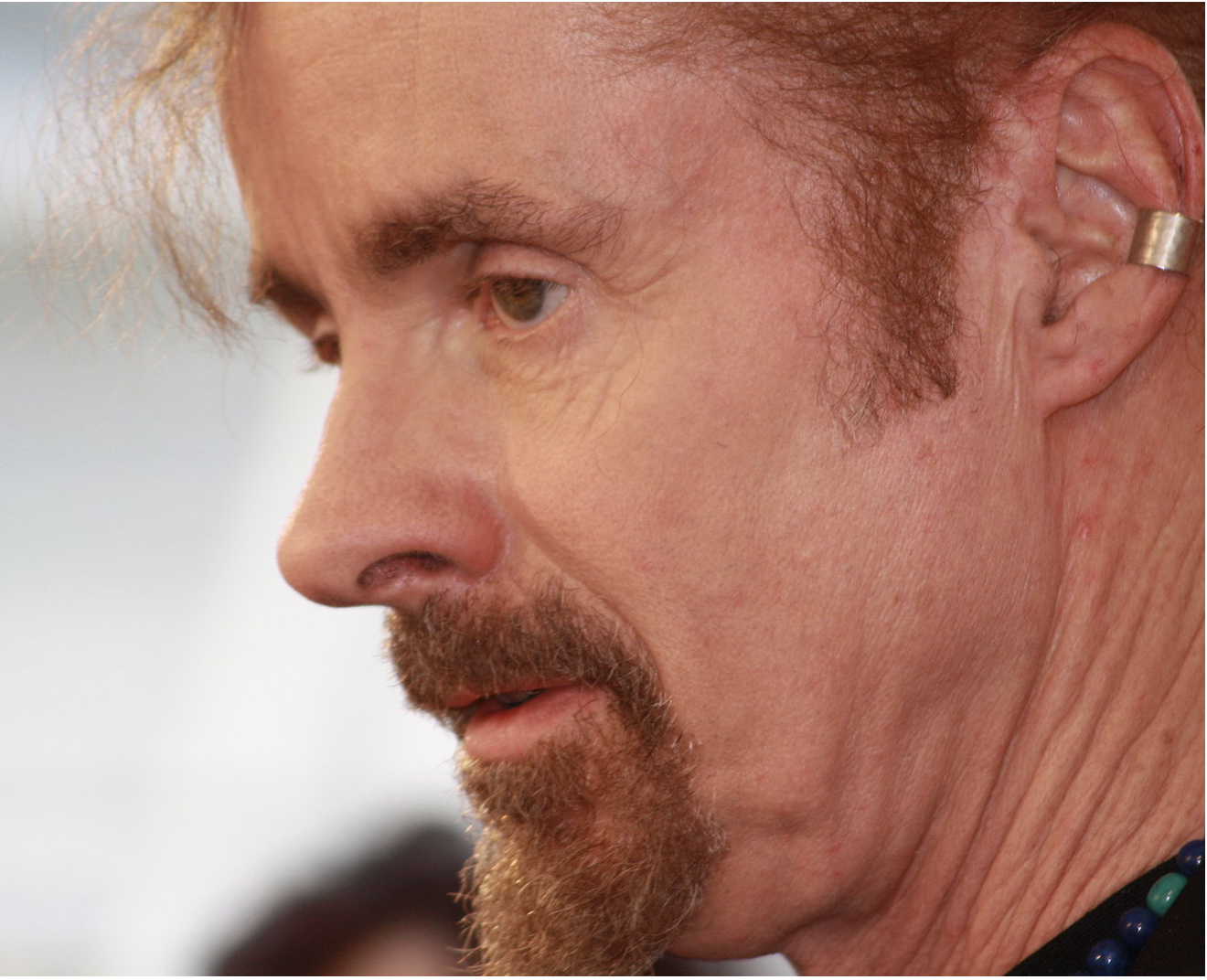On this date in 1948, writer Thomas John Boyle was born in Peekskill, N.Y., to working-class parents, both of whom died relatively young from alcohol-related conditions but were loving, supportive parents. He changed his middle name to Coraghessan when he was 17 after an ancestor. He started playing in a rock band and using heroin until a friend’s overdose helped convince him to stop. He earned his B.A. from the State University of New York-Potsdam in English and history in 1968 and taught high school at his alma mater. He received his M.F.A and Ph.D. in 19th-century British literature from the University of Iowa, also serving as fiction editor of the Iowa Review.
He joined the faculty of the University of Southern California in 1978 as an assistant professor of creative writing. A year later, his first collection of short stories, The Descent of Man, appeared in print, followed by the novel Water Music in 1981. The novel Budding Prospects: A Pastoral was published in 1984, followed by a volume of short fiction, Greasy Lake and Other Stories in 1985 and World’s End, which received the PEN/Faulkner Award for best novel of 1987. Another collection, If the River Was Whiskey, appeared in 1990, followed a year later by the novel East Is East and The Road to Wellville in 1993.
The Road to Wellville is a fictional portrait of two real-life brothers, the Kelloggs of Battle Creek, Michigan. It was a movie with the same name in 1994. Some of his other novels are The Tortilla Curtain (1995), A Friend of the Earth (2000), The Inner Circle (2004), which presented a fictional portrayal of sexual-behavior scientist Dr. Alfred Kinsey, and The Harder They Come (2015).
Common themes of life and death arise in Boyle’s work. He writes a lot about the conflict between scientific and spiritual points of view. His novel, When The Killing’s Done (2011), opens with an excerpt from the Book of Genesis which suggests that humans have sovereignty over all other animals. The story follows a couple who both consider themselves vegetarians but disagree on whether all life is sacred and why.
In the preface to T.C. Boyle Stories II (2013), he wrote: “Darwin and earth science came tumbling into my consciousness around then [8th grade], and I told my mother that I could no longer believe in the Roman Catholic doctrine that had propelled us to church for as long as I could remember. To her credit, patient woman, she set me free from all that, and I suppose I’ve been looking for something to replace it ever since.” What he eventually found? “Art and nature, the twin deities that sustained Wordsworth and Whitman and all the others whose experience became too complicated for received faith to contain it.”
Boyle married Karen Kvashay in 1974. They have a daughter, Kerrie, and two sons, Milo and Spencer.
PHOTO: Boyle at the 2009 Leipzig Book Fair; Amrei-Marie photo under CC. 3.0.

